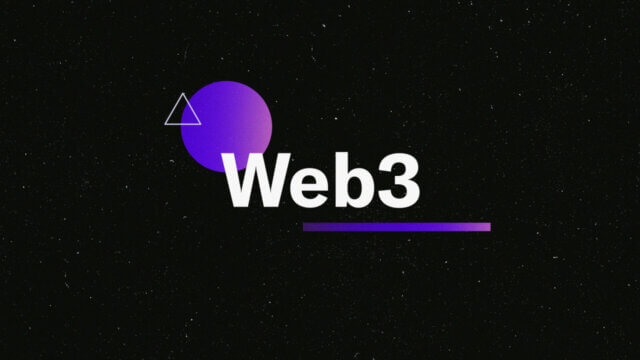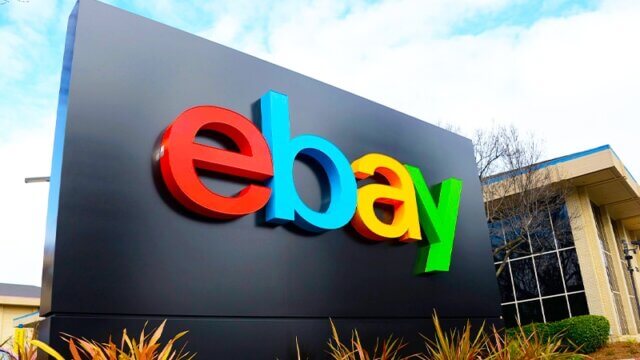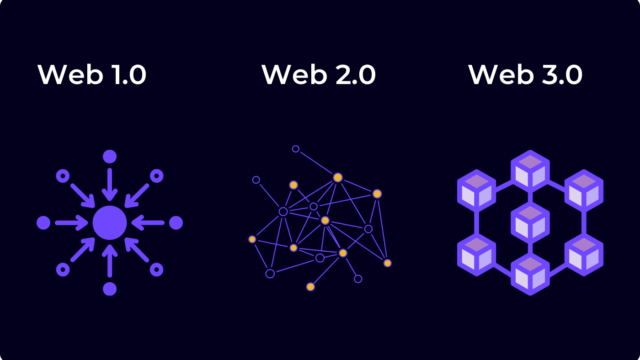The real estate industry has remained relatively unchanged for decades, with traditional methods of buying and selling property being the norm. However, the introduction of Web3 technology and decentralization is set to revolutionize the way in which real estate transactions are conducted. This article explores the ways in which this new technology is transforming the industry and why it is set to become the future of real estate.
The Limitations of Traditional Real Estate Methods
Traditional methods of buying and selling property have a number of limitations that have been hindering the growth of the industry for some time. The first issue is the lack of transparency in real estate transactions. Due to the absence of a central authority, it can be difficult to track the history of a property and ensure that all relevant information is up-to-date and accurate.
Another limitation of traditional real estate methods is the high cost associated with the process of buying and selling property. Real estate agents, lawyers, and other intermediaries can add significant costs to the transaction, making it expensive for both buyers and sellers.
The Benefits of Decentralization in Real Estate
Decentralization offers a number of benefits that make it an ideal solution for the real estate industry. Firstly, it allows for greater transparency in real estate transactions, as all relevant information is recorded on a decentralized ledger. This means that it is much easier to track the history of a property and ensure that all relevant information is up-to-date and accurate.
In addition to this, decentralization can also reduce the cost of buying and selling property, as it eliminates the need for intermediaries such as real estate agents and lawyers. By removing these intermediaries, the process becomes more streamlined, reducing the overall cost for both buyers and sellers.
The Potential of Web3 Technology in Real Estate
Web3 technology is set to play a major role in the future of real estate, as it provides a platform for decentralized applications to be built and run. This opens up a world of possibilities for the real estate industry, allowing for the creation of new and innovative ways of buying and selling property.
One of the key benefits of Web3 technology is the ability to create smart contracts. These contracts are self-executing and can be programmed to automatically enforce the terms of a real estate transaction. This eliminates the need for intermediaries, reducing the cost of buying and selling property and making the process more efficient.
The Future of Real Estate
It is clear that decentralization and Web3 technology have the potential to revolutionize the real estate industry, offering new and innovative solutions that address the limitations of traditional methods. As the technology continues to develop, it is likely that we will see more and more applications being built on the Web3 platform, further transforming the industry and making it more accessible and efficient for everyone.
Conclusion
In conclusion, decentralization and Web3 technology are set to play a major role in the future of real estate. By offering greater transparency, reducing the cost of buying and selling property, and providing new and innovative solutions, this technology is poised to disrupt the industry and bring about much-needed change. The future of real estate looks bright, and it will be exciting to see how these technologies continue to evolve and shape the industry in the years to come.












